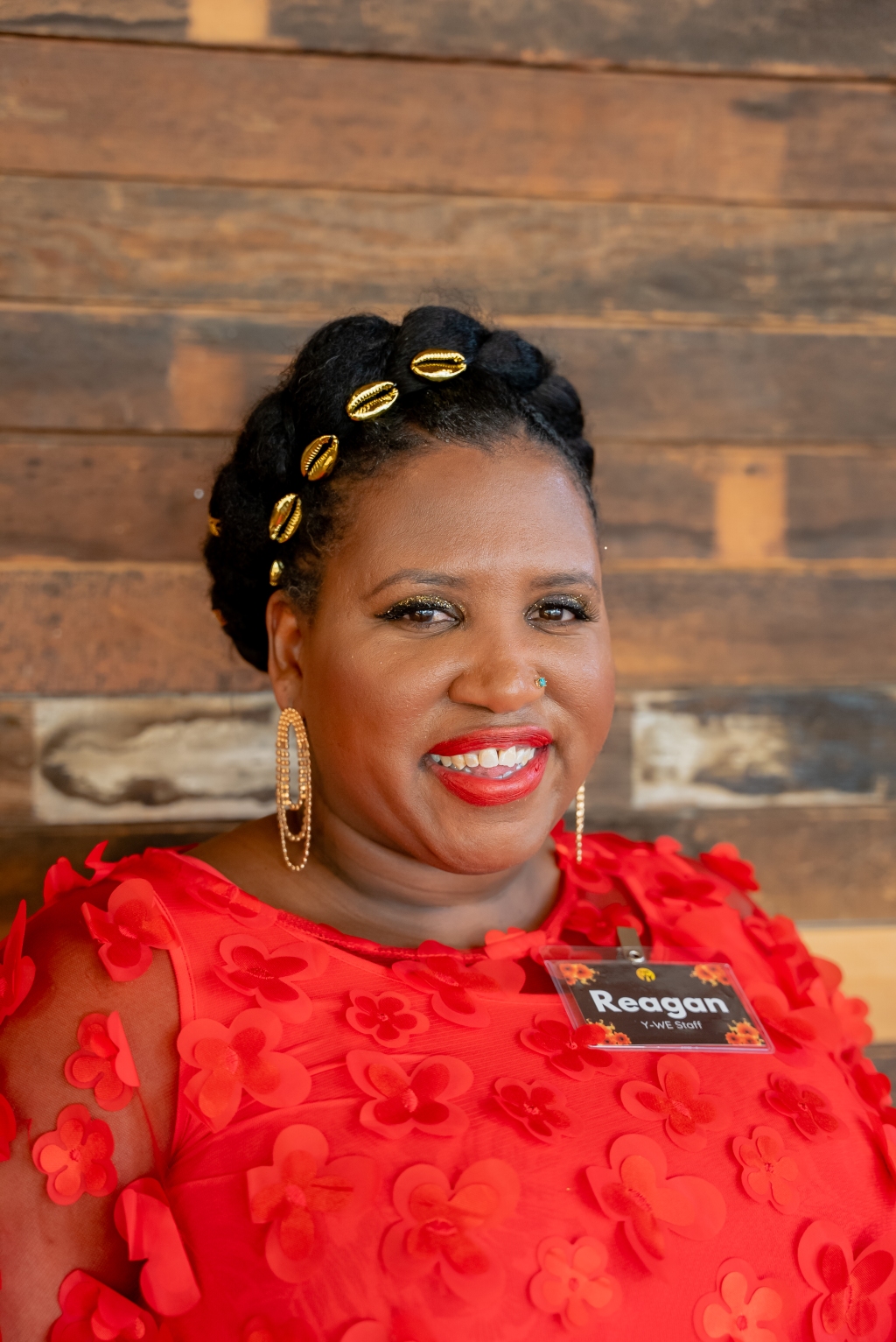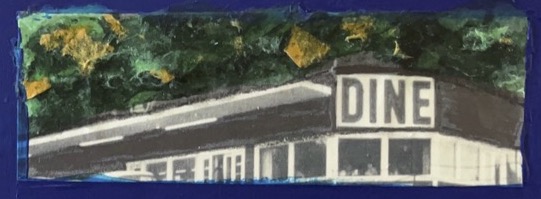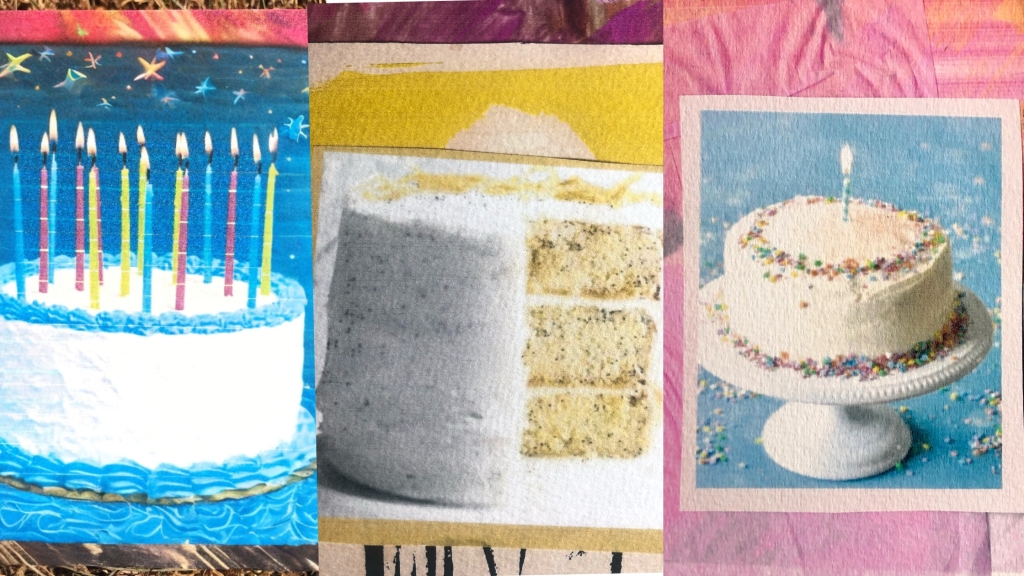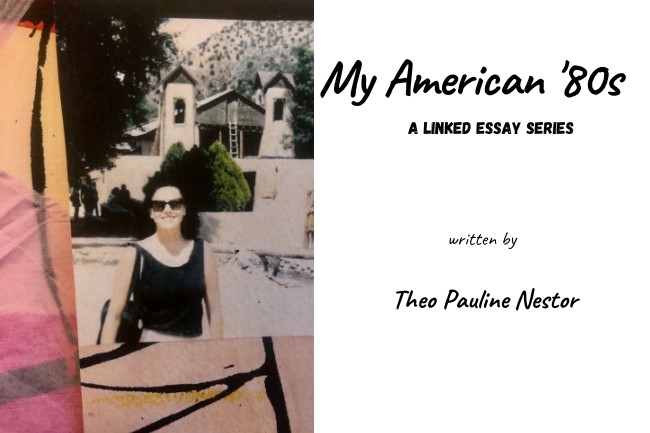Seventeen years ago today, I was waiting for a miserable summer to end so September would FINALLY arrive and I could FINALLY start the MFA program I couldn’t believe I had actually been accepted into.The program, I knew, would be the beginning of “becoming a writer,” and I knew that when school finally began, I would calm down. The ambition that buzzed perpetually inside me would subside a bit. I would be the salmon who’d made it upstream. That’s what I hoped. I also hoped I’d be lifted from the mire of grief I had woken up in every morning since my stepfather died six weeks earlier.
My stepfather was not just a person I loved beyond words; he was the person who made me feel like I was safe in the world. My dad possessed a stunning sense of entitlement that I found at once alarming, thrilling, and enviable.You wanted him on YOUR side. When he spoke, crowded rooms fell silent. He could pick up the phone and know what to say to get the CEO of a company or a certain government official on the line and listening.When he hung up, things happened: planes lifted off, money was refunded, apologies were issued, rules were bent. While he was alive, I somehow believed that if it came down to it, I could borrow his big blustery Irish sense of entitlement and power and use it to fight a battle of my own. Of course, this wasn’t true, but if you believe something is true, it might as well be. But now he and that belief were–POOF–gone, and the grief of losing this powerhouse of a person fueled my own need to find my own power in the world, to find a way to get my words attended to as his had been.
Even though I was in my mid-30s, back-to-school fantasies crowded my thoughts with images of cozy sweaters and falling leaves and school supplies as I waited for the heat of August to give way at last to the cool promise of September. I was convinced school would cure me. And I wasn’t completely wrong. Everything about being in the MFA program–the classes, my fellow students, the writing assignments that scared me witless–thrilled me and gave me the focus needed to distract me from the worst of my grief’s misery. My writing wasn’t half what I wanted it to be–my stories were watery imitations of the writers I admired and lacked something I couldn’t name (Me! They lacked me!)–but I felt like I was in the right place and in the right classes to learn what I needed to learn.
But, of course, the most enduring lessons are not usually listed on the syllabus, and our teachers often teach us more than they ever intended. And the lesson my first workshop teacher taught me that year wasn’t far off from the one my stepfather had been teaching for as long as I’d known him. This writer possessed such a breathtaking confidence in his work that I’ve sometimes referred to him as “the anti-Theo.” Tall, Ivy-educated, and from a family of intellectuals, he was raised to believe in the importance of his own thoughts and he did. If he found a stray idea compelling, he followed up on it and some of those ideas bloomed into books. Listening to him talk about his own writing, I quickly recognized that a certain degree of enthusiasm for your own thought process and a certain amount of belief in at least the possibility of shifting the world with your words and ideas were not only crucial to becoming a writer, their absence was, in fact, my major obstacle. Without this healthy sense of entitlement, my writing would always be lacking something: Me.
Sometime as autumn turned to winter that year, I consciously decided to copy some of my teacher’s boldness. I noticed the way he turned a casual observation into an essay and I started asking myself, “What do I see in my world?” I studied the way his obsessions became ideas and those ideas became beginnings and some of those beginnings became books, and I asked myself, “What are my obsessions?” I watched the way he prioritized his writing, how he didn’t question whether he had the time to write, he just wrote, and I started to take my own writing seriously. Sometimes, I swaggered a little.
I began to refer to my writing as “my work,” even if saying it, I felt like a liar, an imposter, and a thief. The keys might have been stolen, but the kingdom was quickly starting to look like home.
———————–
 You can find more stories about how taking the long way to writing can still get you there in my book Writing Is My Drink: A Writer’s Story of Finding Her Voice (And a Guide to How You Can Too).
You can find more stories about how taking the long way to writing can still get you there in my book Writing Is My Drink: A Writer’s Story of Finding Her Voice (And a Guide to How You Can Too).
I’m teaching writers how to find their own voices and their true material in my Writing Is My Drink Webinar. The next session starts September 4th, back-to-school time! Hope to see you in there. Details and registration info here.





Leave a Reply